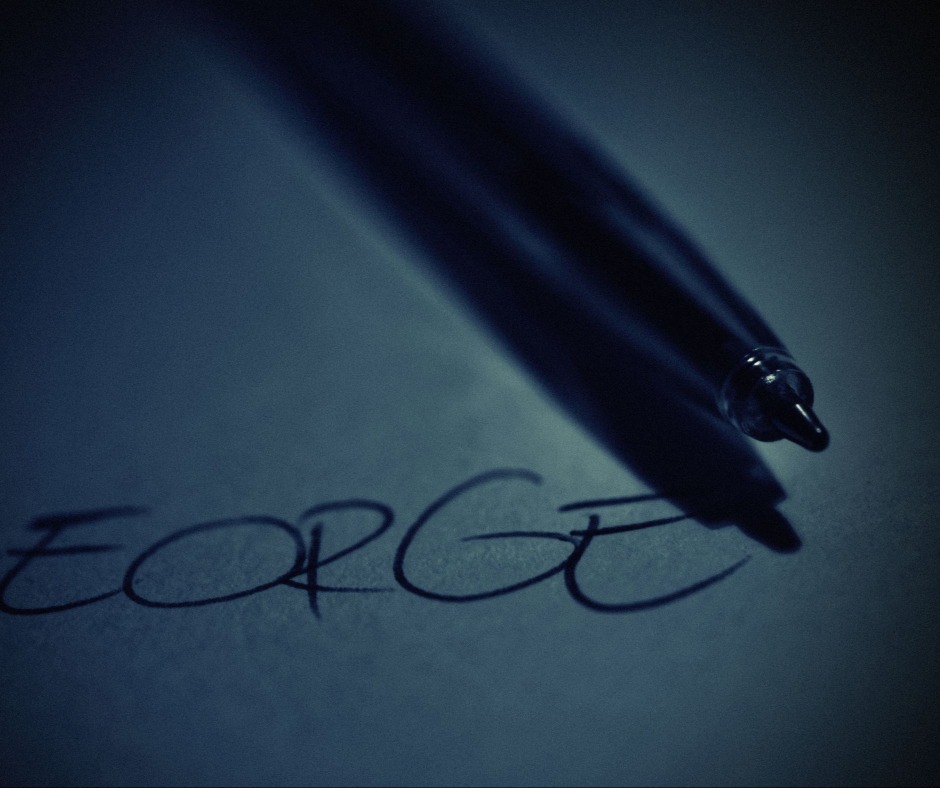*Brand identity
How to choose a good brand name

You’re ready to conquer the world with your new brand. You’re certain you have something that will leave the competition behind. But what do you name your brand? How do you ensure your brand name stands out and is distinctive?
Coming up with a brand name is one of the hardest parts of creating a brand identity. It requires more than just a healthy dose of creativity. Do you choose a descriptive or an abstract name?

And what should you consider when devising the name for your new brand or product? In this article, we answer these questions.
How to choose a good brand name
Een goede merknaam heeft de volgende eigenschappen:
- Easy to remember and pronounce;
- Evokes the right associations;
- Is unique and stands out;
- Describes what the brand does.
Of course, a name can’t contain all these properties. The challenge is to find a name that possesses one or more of these qualities. In this blog, we discuss the difference between descriptive and abstract brand names. When is it better to choose one over the other? We provide tips, using examples, to make it easier to choose between them.
Descriptive Brand Names
Descriptive brand names, as the name suggests, describe your product or service. They have the following properties:
- Give the product direct meaning;
- Describe a characteristic of the organization, such as the owner’s name, location, or product;
- Are easy to remember;
Examples of descriptive brand names include RunnersWorld, Burger King, Head & Shoulders Shampoo, Volkswagen, and our own brand Merkelijkheid. Descriptive brand names work best in markets with many providers/competitors. In these markets, you’re likely to compete against a number of market leaders with established names. Choosing a descriptive brand name makes it immediately clear what your brand stands for. Combined with good marketing, this can secure you a strong position in the market.
However, don’t make a descriptive name too descriptive. There’s a risk that the brand then becomes too generic. Try to give the name an original twist. This way, you can also stand out. The brand Kickstarter is a good example of this. It has found the right mix between originality and recognizability, with a nod to what the company stands for. The company is a platform where creative people can raise money to give their product, service, or idea a ‘kickstart’.
Abstract Brand Names
A good abstract name requires more creativity. With these names, it’s more about the feeling and sound of the words. Examples of abstract brand names are Apple, Kodak, Kleenex, and Ziggo. Everyone knows these brands, but they don’t describe or mean anything. So why do they work? Firstly, the names are striking, unique, and evoke a certain feeling, albeit unconsciously. Another important characteristic of successful abstract brand names is that the brands are often market leaders. Thus, the fictitious name is directly linked to the type of product. Apple was the first to come out with a color PC, and Kodak was a pioneer in photography.

If you’re entering an overcrowded market with an existing product that has just slightly different properties than the competition, don’t do it with an abstract brand name. You’ll drown among the many providers because it won’t be clear to consumers what added value your product offers. This doesn’t only apply to abstract names; abbreviations also confuse consumers.
If you’re currently brainstorming the name of your new brand, try putting yourself in the consumer’s shoes. How many different providers are there for the product? How does the consumer view these brands? Don’t try to find a gap in the market but a gap in the consumer’s mind. This way, you can position yourself distinctively in the market. Base your brand name on this, be distinctive but not too vague. Package your uniqueness in the name.
Brand Registration
Before you proceed with a brand name, first check if the name is available. Is your invented name still available? Don’t forget to check if someone has already registered the domain name of your brand. This brand research can be conducted by an external agency such as De Merkplaats.
Is your brand still free? Then register it immediately. Availability and registration of a brand name are done at the Benelux Office for Intellectual Property (BOIP).